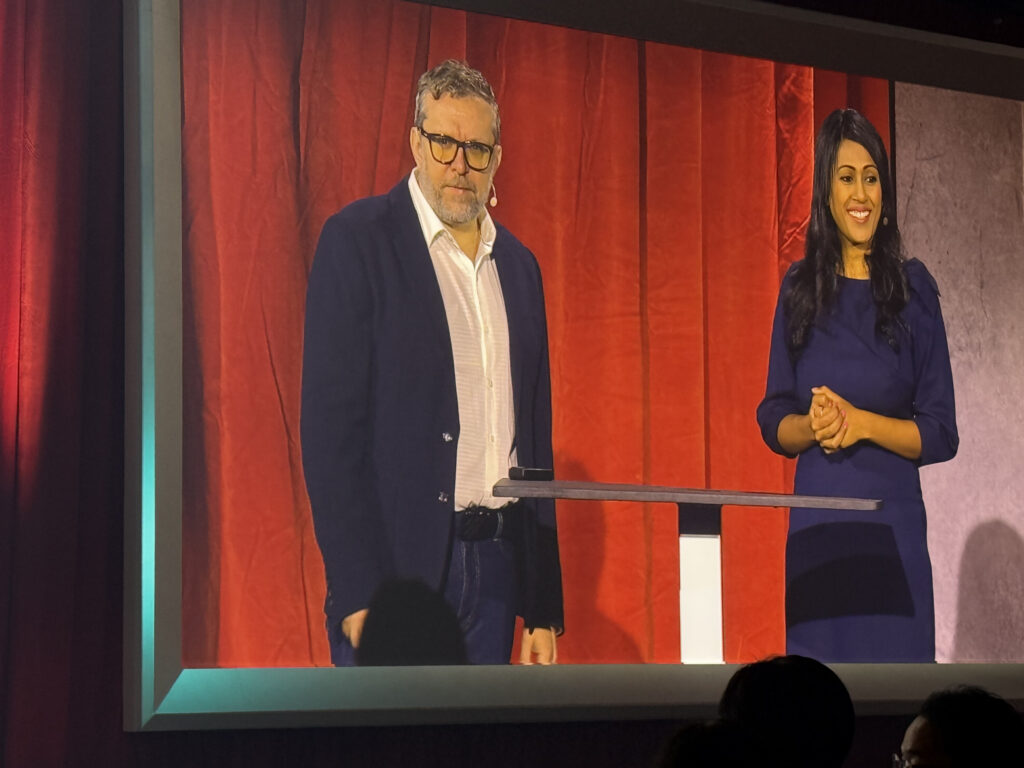Developing natural resources into products and solutions since 1905, Norwegian-headquartered aluminum and renewable energy company, Norsk Hydro has goals to create a more sustainable future. By 2030, its target is to cut its total carbon emissions by 30 percent compared to a 2018 baseline and, with a mission to “change the aluminum game”, deliver industrial-scale pilot volumes based on emission-free smelting technology.
With operations spread globally across over 40 countries, in more than 140 locations, Hydro has been on an ongoing journey to take its IT technologies to the cloud for greater sustainability wins, and currently utilizes various software including Azure, SAP S/4HANA, SAP financial accounting and controlling (FICO), SuccessFactors, Concur and Fiori, alongside other vendor offerings.
When it came to
testing its SAP Fiori instance, Hydro turned to ImpactQA for end-to-end validation of the implementation, along with its interfaces with other in-house applications.
Analyzing the current state of Hyro’s SAP S/4 Fiori applications and modules, SAP Concur, SAP S/4 HANA and the integrations with existing systems like its manufacturing execution system (MES) MPDV Hydra X, payroll and employee self-service and so on, the ImpactQA team identified the key testing needs.
ImpactQA created reusable application-based and system-based regression testing and sanity testing packs, and leveraged its partnership with MF UFT to conduct SAP Fiori mobile test automation.
Regression testing was completed on the integrations between 14 applications of varied sizes within Hydra MPDV, key data communication across Hydro’s systems, and the stability of the order management and customer support systems.
The capability of the SAP Fiori application was also tested on different browsers and, here, the mobile test automation assisted by scanning user interface screens, and distributing the execution of the test cases on mobile devices, desktops and browsers throughout operations in multiple countries.
Addressing the very high manual testing effort required for any new changes, ImpactQA enabled five times faster testing execution for Hydro, with 90 percent automated testing, and was sure to make the regression testing pack reusable and set up a test management process and project artifacts repository. Moreover, user guides and tutorials were created for the automation pack to enable Hydro to maintain and run tests in the future.
An ImpactQA spokesperson said: “Our experts started using the SAP system, which had numerous country-specific customizations for timesheets and expenses and was included in the mobile test automation. We used one of MF UFT's main features, the test data service - it allowed the team to run a test case in 40+ countries with their respective data and receive corresponding reports, resulting in less maintenance effort. Using reusable test packs here has ensured future testing for Hydro is not people dependent, instead process dependent.”








